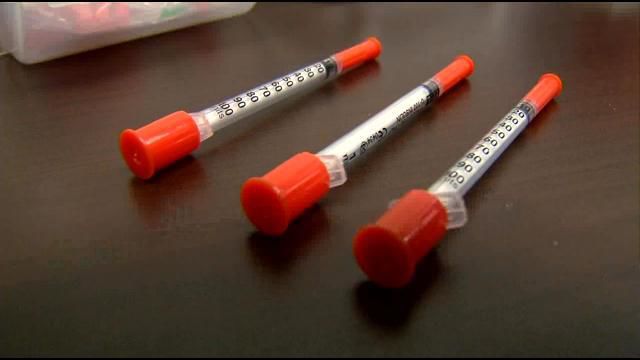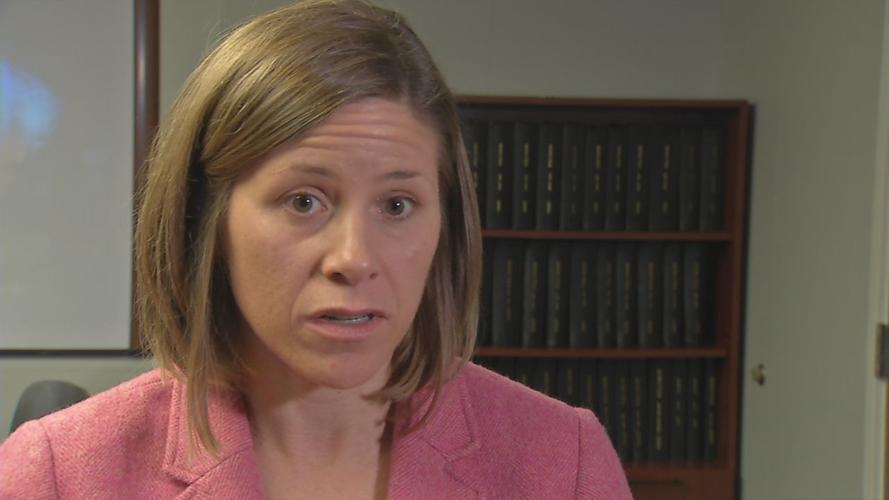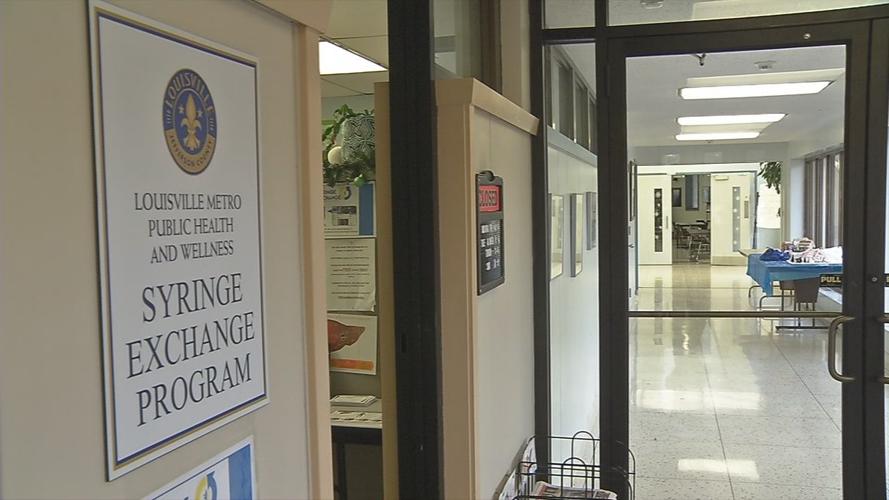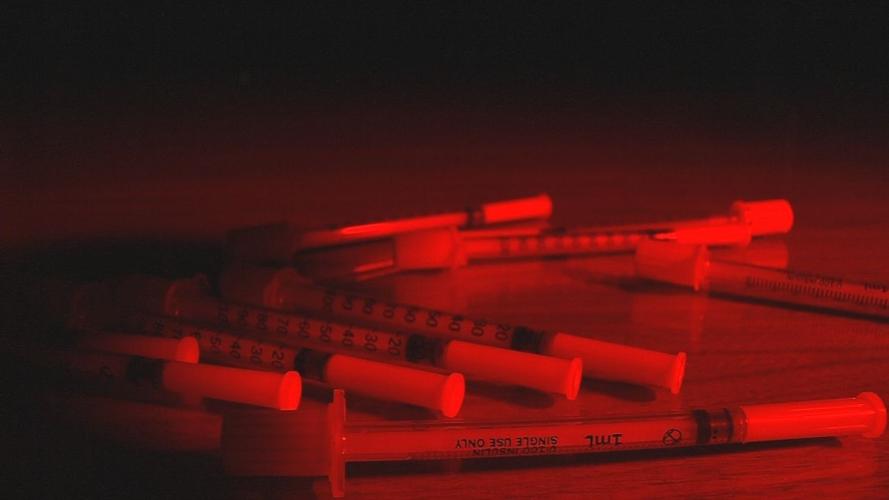LOUISVILLE, Ky. (WDRB NEWS) -- In 4 1/2 years, Louisville's syringe exchange program has served more than 20,000 unique participants.
Since it began, people have visited the hub downtown and seven satellite locations more than 115,000 times, and officials have given out more than 5 million sterile syringes.
"Often people are looking to us as leaders, especially in Kentucky, showing them this is how you do this the right way," said Dr. Lori Caloia, the medical director for Louisville Metro Health and Wellness, the city's public health department.
"The main goal of syringe exchange programs is what we call harm reduction," she said.
The program has tested thousands of people for HIV and hepatitis C, referred dozens for medical treatment and vaccinated thousands for hepatitis A.
Health officials said the program helped the city avoid a serious HIV outbreak such as the one that occurred in Austin, Indiana.
"We needed to make sure that we were doing something as a local community to prevent that from coming to Louisville," Caloia said.
In fact, Caloia says HIV rates in Louisville have stayed steady.
"So by us being proactive, instead of seeing an increase in HIV cases, we have been able to maintain or even see a little bit of a lower number of cases locally than we typically would," she said.
Health officials said that building trust with participants has enabled them to connect 719 people with drug treatment and support services, which is a big accomplishment, Caloia said.
"This is a lot more difficult than just simply making a choice today that I'm just never going to use drugs again," she said. "It's not as easy as that."
"Some of the highest benefit of the syringe exchange truly is actually building relationships with our participants, so that they have a place that they feel safe," Caloia said.
Data from the Jefferson County Coroner's Office and the Kentucky Office for Drug Control Policy show overdose deaths in Jefferson County fell 21% last year. Health officials said the statistics point to success for a program that has faced its fair share of doubt.
"This is really a needed service in the community," Caloia said. "This is not something that draws people to drug use. This is helping to serve people who need our help the most."
Copyright 2019 WDRB Media. All Rights Reserved.



















